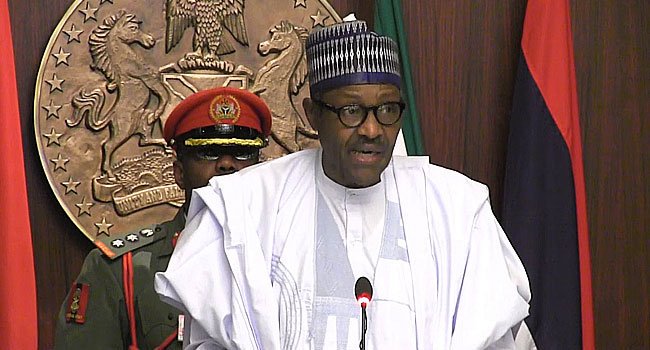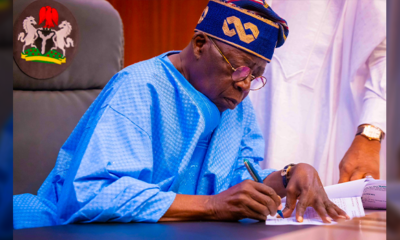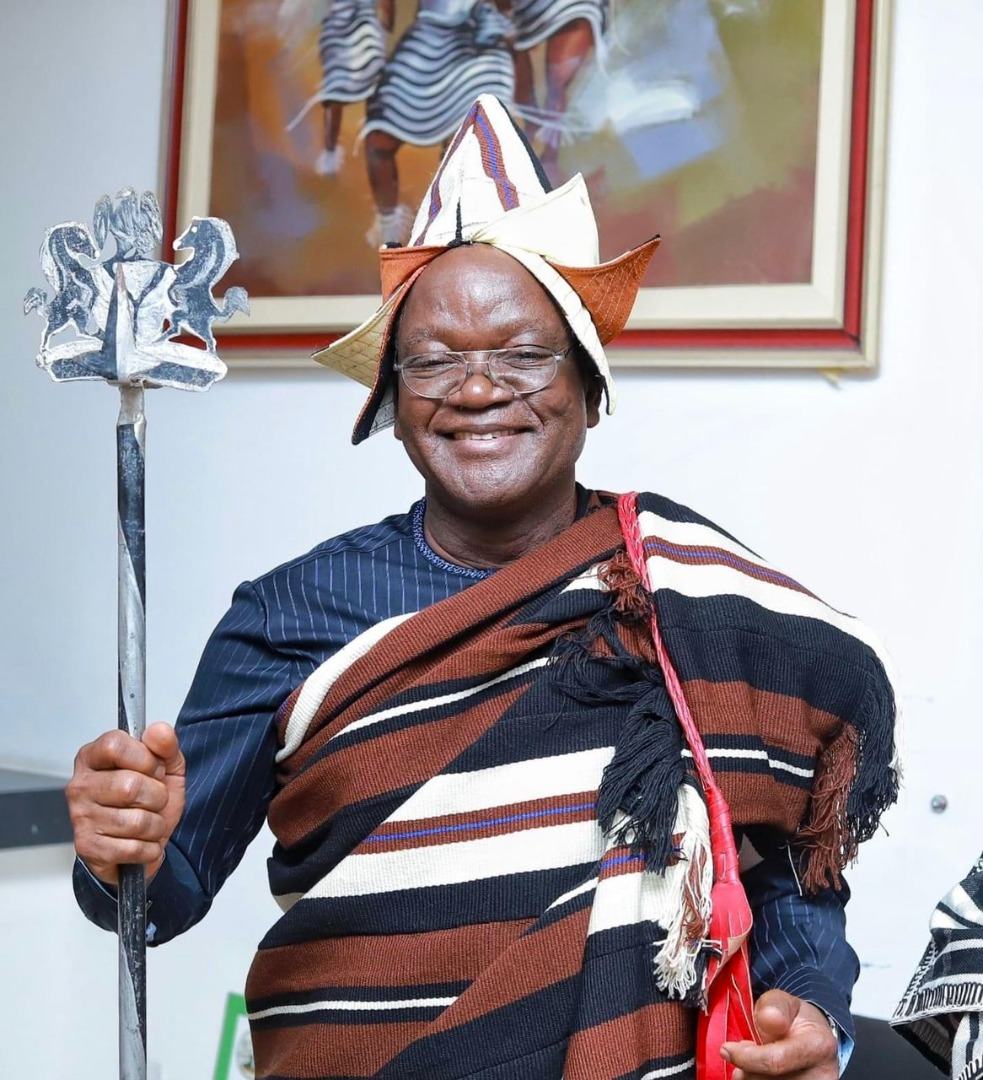Latest News
2019 Elections: INEC declares Buhari winner

The candidate of the All Progressives Congress (APC), Muhammadu Buhari, has been declared winner of the Presidential election held on February 23, 2019.
Buhari, who is the incumbent President, defeated the candidate of the Peoples Democratic Party (PDP), Atiku Abubakar, to emerge winner in the keenly contested poll.
Announcing the final results of the election on Wednesday, the Chairman of the Independent National Electoral Commission (INEC), Professor Mahmood Yakubu, said President Buhari polled a total of 15,191,847 to defeat his closest rival and the PDP candidate, Atiku, who polled 11,262,978.
From start, Buhari proved to be the man to beat, leading all other candidates and ending with a wide margin of almost four million votes ahead of Atiku, and drawing his largest block of votes from the core Northern states.
The 76-year-old Buhari won in a total of 19 states, scoring the statutory 25 per cent of total votes cast in those states, while his main challenger, Atiku, won in 17 states and the Federal Capital Territory.
With the announced result, President Buhari has satisfied the requirement of the law, which states that to be declared president, a candidate must have a majority of votes cast nationwide and at least 25 per cent of votes cast in two-thirds of the 36 states and the Federal Capital Territory.
The announcement of Buhari as winner brings to an end six days of an electoral process that began effectively after a week of postponement, prompted by logistical challenges in the distribution of electoral materials, according to INEC.
The shift in the date of the Presidential and National Assembly elections to February 23 from February 16 had triggered outrage across the country, heightening tension among the citizens and the political parties, with the ruling APC and main opposition PDP accusing each other of colluding with INEC to influence the outcome of the elections.
It also generated concern among local and international observer missions, casting doubt about the credibility of the process.
The fears were soon dispelled as INEC stepped up its communication with stakeholders, offering the assurance that it was set to deliver a free, fair and credible election.
Buhari’s victory comes amid protest by the main opposition party against what it describes as lack of level playing field in the run-up to the presidential election, as well as observed lapses in the electoral process, including alleged over-voting, vote buying and other forms of electoral manipulations.
The PDP National Chairman, Uche Secondus, had declared that the results as being announced by INEC in Abuja were unacceptable by the party.
The party called on the Independent National Electoral Commission, (INEC) to halt the collation and announcement of results, insisting that the outcomes were not valid.
Also echoing the PDP National Chairman in a statement on Tuesday, the Deputy Director General of the PDP Presidential Campaign Organisation, Tanimu Turaki, said, “We have evidence from the smart card reader accreditation data that what is being announced by INEC has been seriously tampered with and manipulated.”
He stated further, “The PDP predicates its demand on available evidence to the effect that data from the card readers are being reconfigured to suit the manipulations, rigging, and over-voting already carried out during the election in some states by the All Progressives Congress (APC).”
The election this year is the sixth since Nigeria returned to democratic rule in 1999. Buhari was first elected President in 2015, on his fourth attempt to lead the country.

























